Retro Replay Review
Gameplay
Tom Clancy’s Splinter Cell: Double Agent places you squarely in the shadows as Sam Fisher, a veteran operative whose new assignment forces him to infiltrate a violent terrorist group known as the John Brown’s Army (JBA). From the moment you accept the mission, the game challenges you to think like a true spy: every creak of the floor, every distant conversation and every glint of light off a soldier’s visor could spell life or death. You’ll use Sam’s signature arsenal of night-vision goggles, sticky cameras and silent pistol to slip through high-security zones without ever flinching.
(HEY YOU!! We hope you enjoy! We try not to run ads. So basically, this is a very expensive hobby running this site. Please consider joining us for updates, forums, and more. Network w/ us to make some cash or friends while retro gaming, and you can win some free retro games for posting. Okay, carry on 👍)
The hallmark of Double Agent is its morality-based trust system. Every critical decision—shoot to impress the JBA, or stand down to remain loyal to the NSA—tips the scales of allegiance. Early on, you find yourself under arrest, a bold move by Third Echelon to give Sam genuine street cred within the terrorist cell. Suddenly your objectives split in two: gather intel for the NSA while proving your worth to the JBA, all without blowing your cover.
Each of the ten missions offers a fresh puzzle of guards, cameras and encrypted doors. You might be tailing a high-value target through war-torn streets in the Congo, then the next moment find yourself in broad daylight on a Cozumel cruise ship—disguised in shorts and sandals, forced to craft a completely new stealth approach. Whether you choose to choke guards into unconsciousness or send them careening to their doom from rafters, your playstyle remains entirely your own.
Multiplayer returns with the classic Spy vs. Merc setup. Spies crawl in third-person, armed only with nonlethal devices and smoke grenades, their goal to swipe classified data without ever firing a deadly shot. Mercenaries, viewed in first-person, patrol chokepoints with assault rifles and thermal vision, tasked with hunting down spies and safeguarding secrets. The tension is palpable every time you power down the lights or duck into a vent, knowing that one misstep could spell the end of the mission.
Graphics
Double Agent marks Sam Fisher’s debut on next-generation consoles, and the visual upgrade is evident from the first shadowy corridor you navigate. Enhanced lighting effects cast realistic, jittery beams from flashlights, creating pockets of near-perfect darkness that only your goggles can penetrate. Reflections dance off wet pavement in the Congo, while the cruise ship’s glossy white hallways gleam under harsh midday sun, both demanding careful planning of light and shadow.
Character models benefit from improved polygon counts and more detailed textures. Sam’s trench coat flaps realistically as he sprints or hangs from ledges, while enemy guards display distinct facial features and varied uniforms depending on their rank and location. Environmental effects—swirling dust in abandoned warehouses, rain dripping off metal catwalks, burning vehicles on urban battlefields—foster an immersive world that feels both varied and alive.
On the PS3, the developers have added extra shine in the form of exclusive multiplayer maps and a new female operative character. The additional co-op challenges showcase fine-tuned lighting and shadow passes, ensuring that gameplay remains as atmospheric as it is challenging. Even on standard-definition televisions, the game’s palette and dark color schemes hold up, preserving the tension that stealth fans crave.
Story
The narrative thrust of Double Agent is built upon tragedy. Early in the game, an unexpected catastrophe shakes Sam Fisher to his core, fracturing his relationship with Third Echelon. Disillusioned and seeking penance, Sam orchestrates his own arrest to embed himself within the JBA’s ranks, turning his back on everything he once believed in. This opening gambit sets the tone for a story about loyalty, betrayal and the razor-thin line between patriot and terrorist.
As Sam, you’ll deliver intel to the NSA while performing bloody tasks for the JBA—sometimes injecting prisoners with truth serum, other times executing them to gain trust. Each twist forces you to weigh long-term gains against momentary moral costs. Will you sacrifice a few innocent lives to prevent a greater attack? The game never hands you an easy answer, instead compelling you to examine what you’re willing to do “for the greater good.”
The branching narrative ensures that no two playthroughs feel identical. If you side more with the NSA, you’ll watch the story unfold from a perspective that favors rescue and extraction. Lean toward the JBA’s dark objectives, and you’ll unlock darker missions that push Sam to the brink. This replayability bolsters the core plot, turning each decision into a thread that weaves a slightly different tale of espionage and moral conflict.
Overall Experience
Splinter Cell: Double Agent strikes a sophisticated balance between story-driven stealth and emergent gameplay. Every level feels like a finely tuned infiltration scenario, where hard choices carry real weight and failure isn’t simply a reload—it’s a lesson in nuance. Even veteran players will find themselves second-guessing every engagement, sliding metal crates for cover and flicking off lights as they inch past patrolling guards.
The variety of locations—from the jungles of the Congo to underground JBA cells in New York—ensures the experience never grows stale. Sound design amplifies the tension: muffled footsteps echo through vents, distant gunfire cracks, and every electronic lock emits a faint beep that could give away your position. The PS3 enhancements add even more longevity, with fresh maps and a new operative choice for multiplayer aficionados.
Ultimately, Double Agent delivers one of the most morally complex and mechanically satisfying entries in the series. Its willingness to blur the line between hero and villain elevates the game beyond a simple stealth shooter, inviting players to shape Sam Fisher’s destiny through their own ethical compass. For anyone craving a tense, choice-driven espionage thriller, this is a mission worth undertaking.
 Retro Replay Retro Replay gaming reviews, news, emulation, geek stuff and more!
Retro Replay Retro Replay gaming reviews, news, emulation, geek stuff and more!
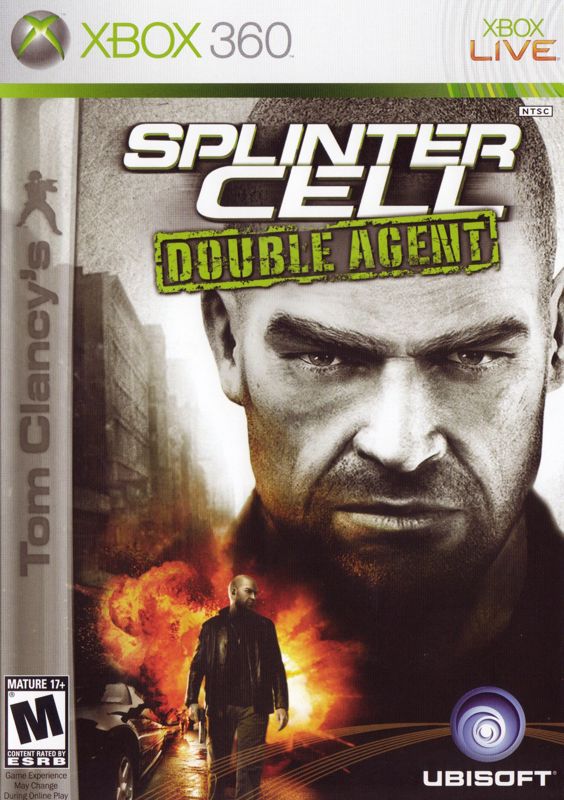
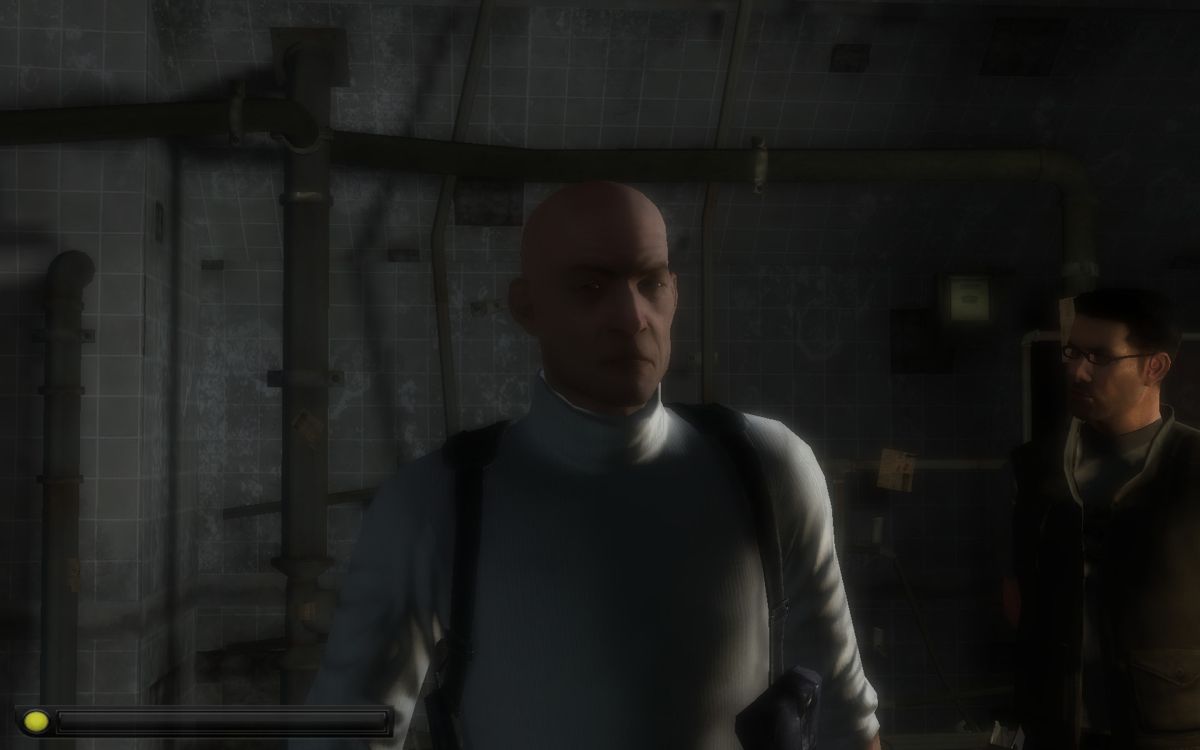
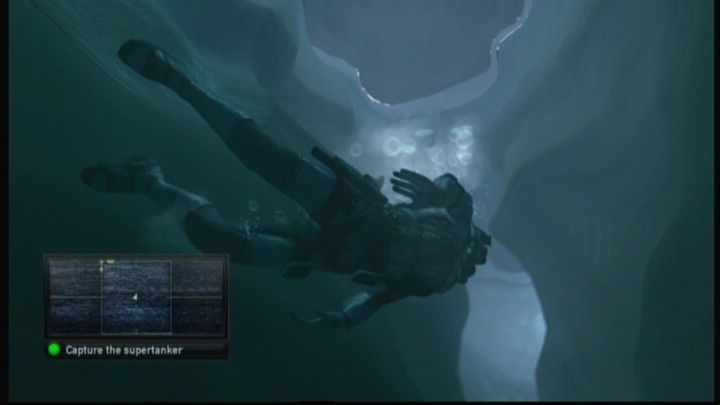
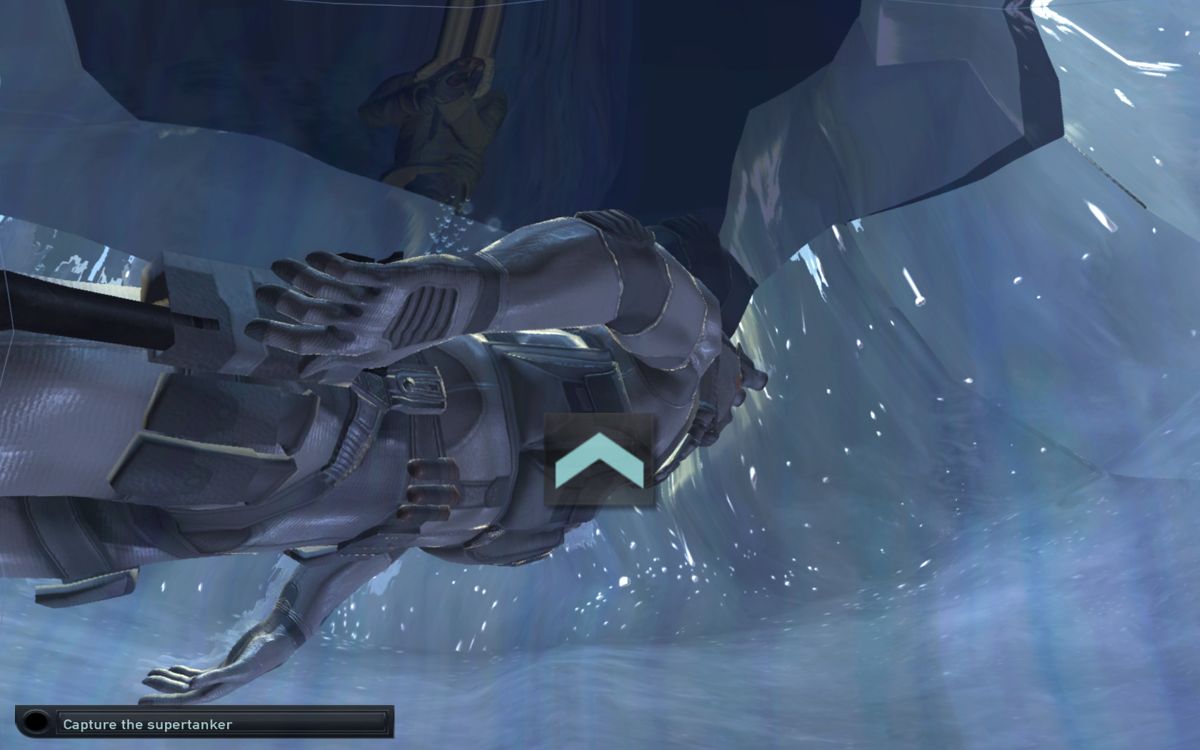
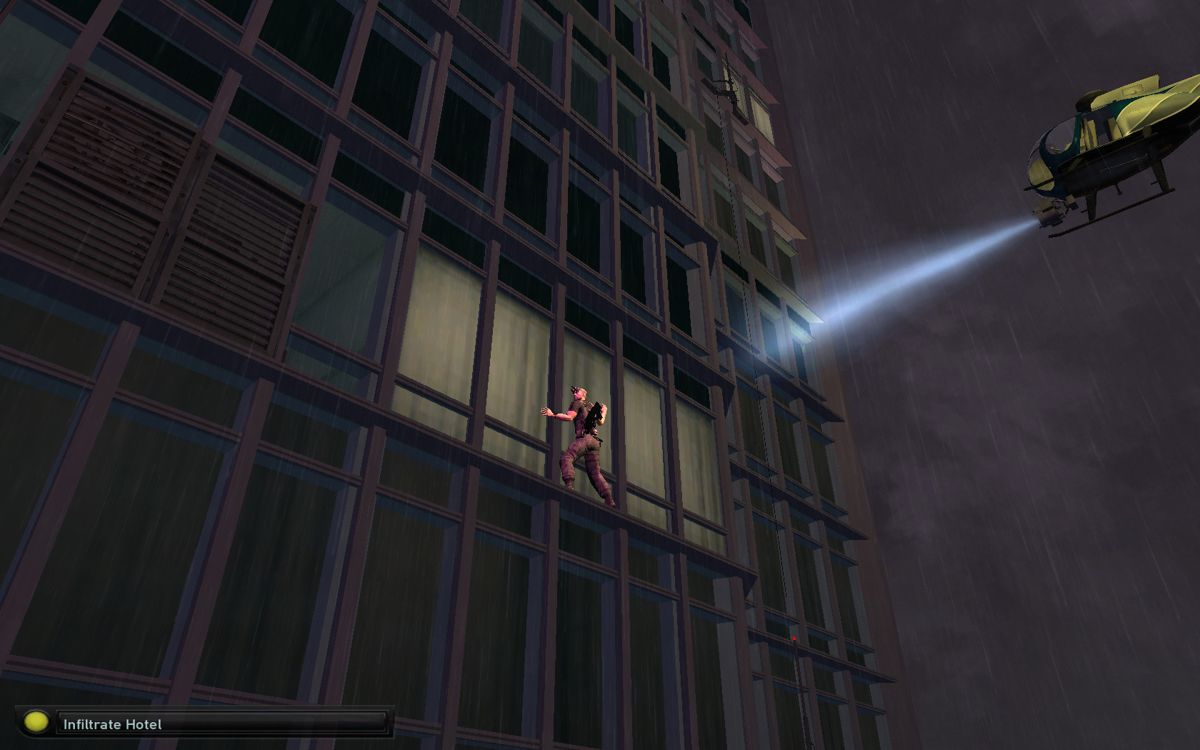
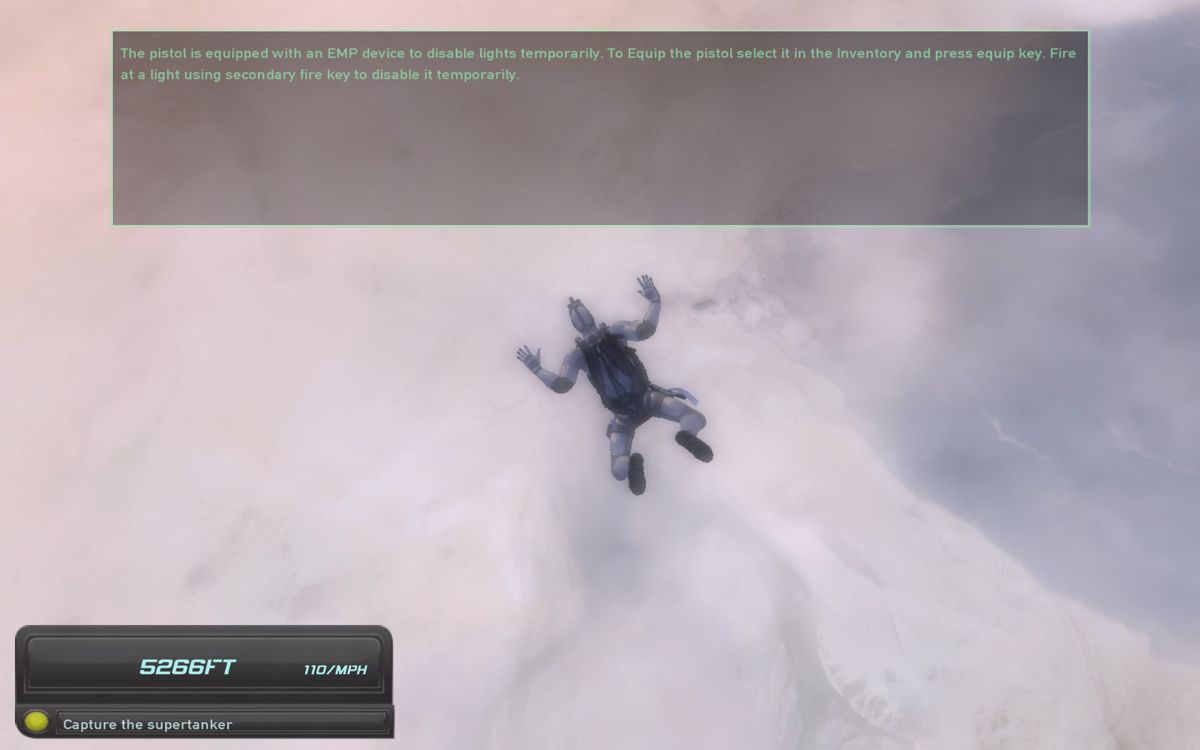

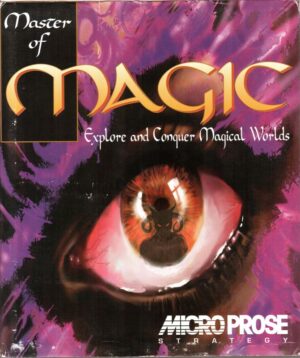

Reviews
There are no reviews yet.